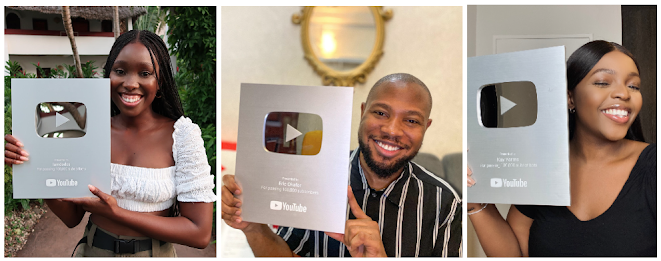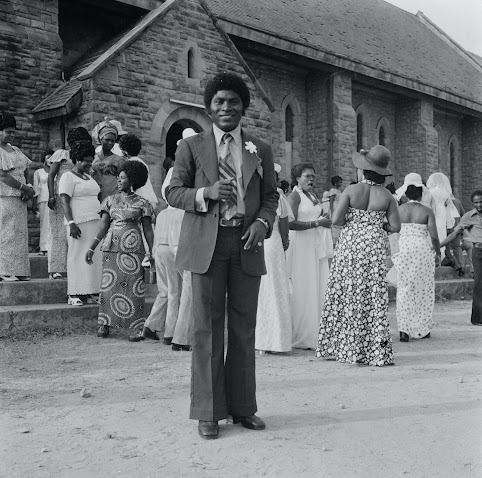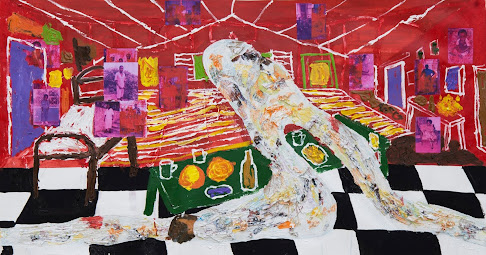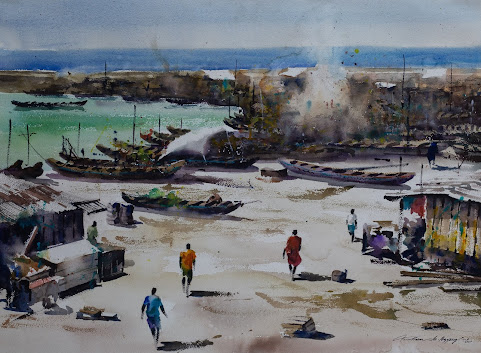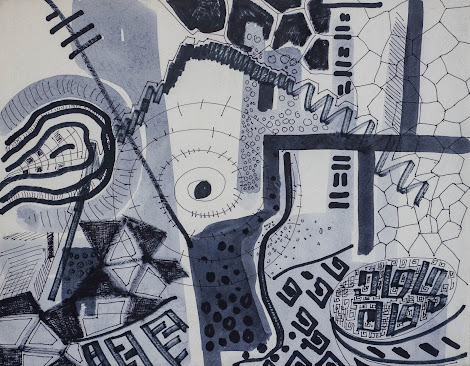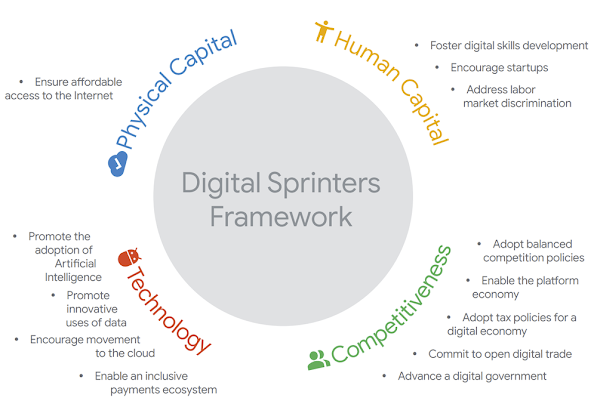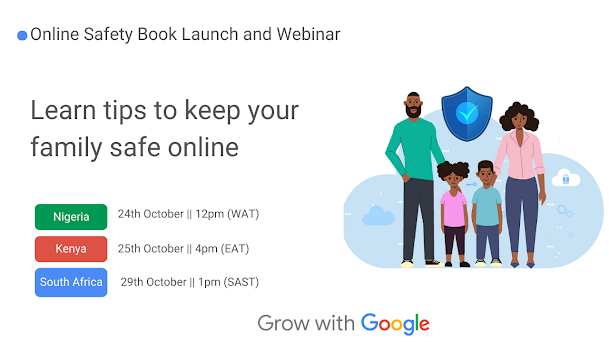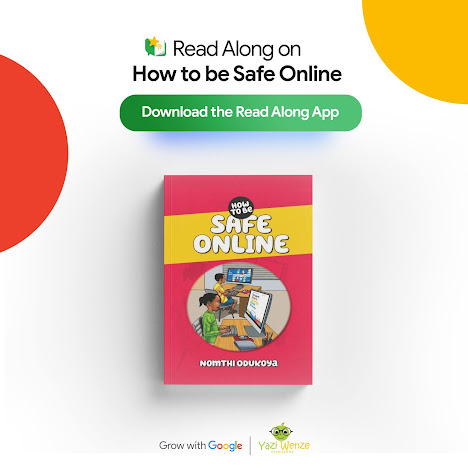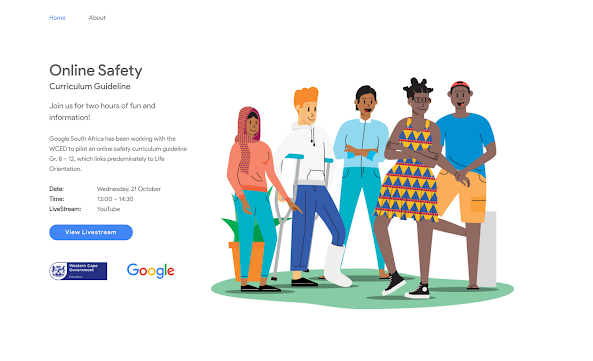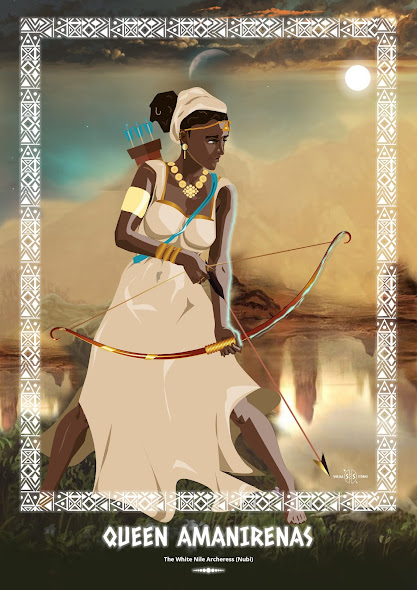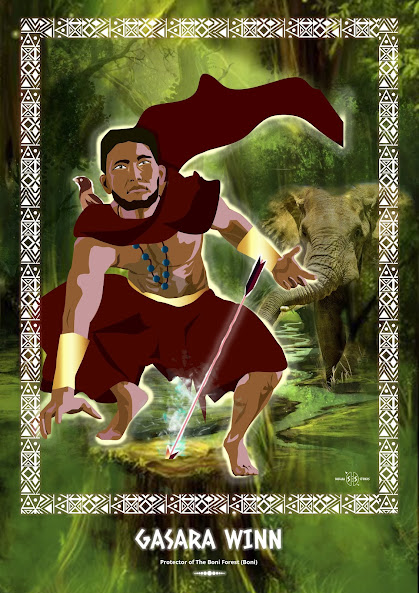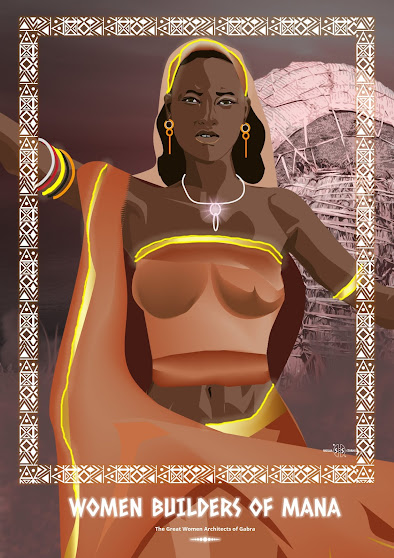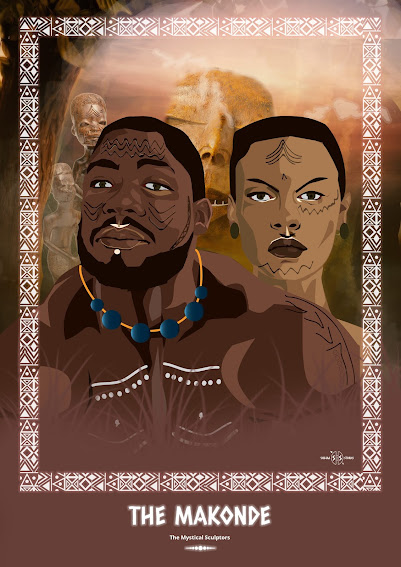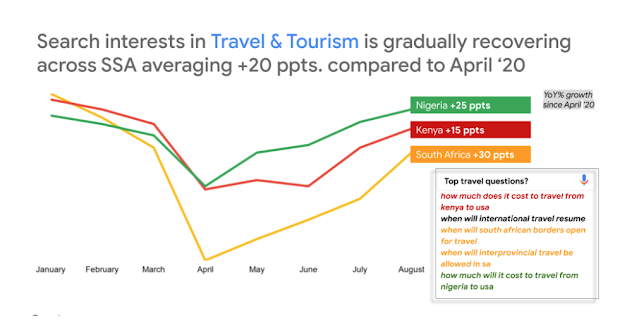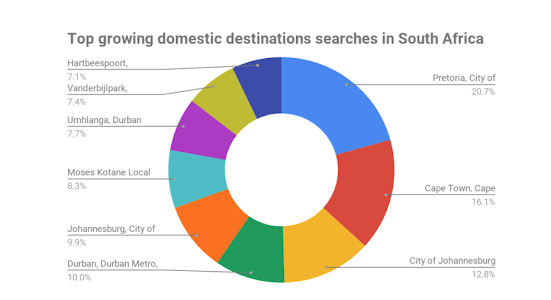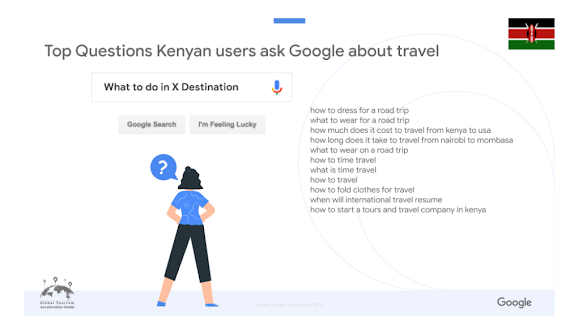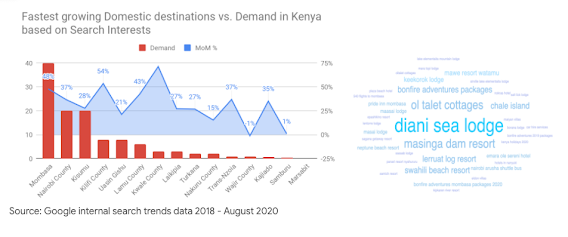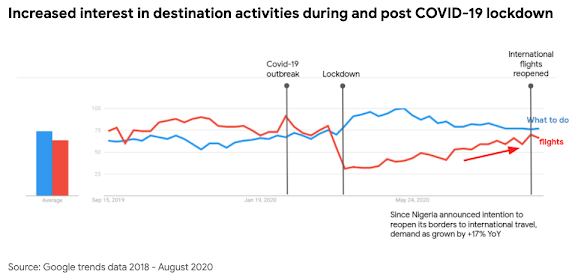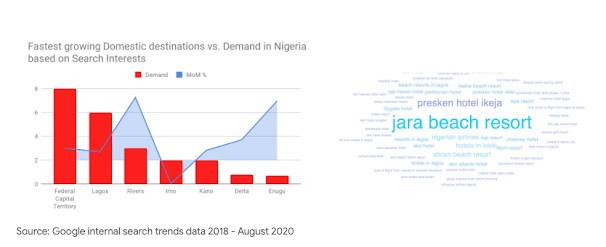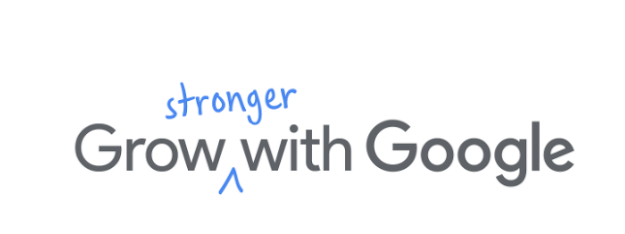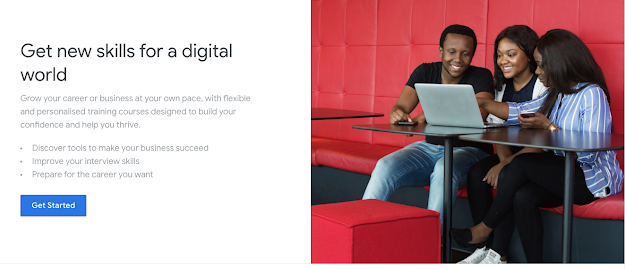Editor's note: Today we hear from Ambassador Dr Amina Mohamed, Cabinet Secretary for Sports, Culture and Heritage, Republic of Kenya
Today in Kenya we’re celebrating Mashujaa Day, or National Heroes Day, and honoring the remarkable people who have shaped our nation. We are shining the spotlight on a pantheon of cultural and folk heroes, and how their superpowers continue to be the strength and heartbeat of not only the communities from which they came, but all of Kenya. We need days like these to remind us how our shared heritage and our diversity unites us as people, and it is therefore with great pride that I unveil the second chapter of the online project Utamaduni Wetu: Meet the People of Kenya, created in collaboration with the National Museums of Kenya, Google Arts & Culture and the creative agency Shujaa Stories. 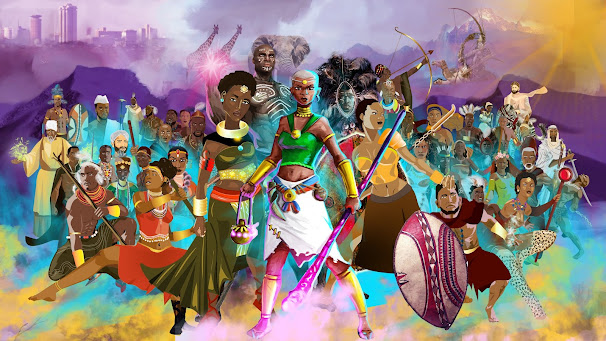
Originally launched in 2019,
Utamaduni Wetu: Meet the People of Kenya is Google’s most ambitious digitization project to date in Africa, and one of the first digital content features on the subject of Kenyan communities. Everyone can now explore over
10,600 high-resolution photographs,
170 expert-curated exhibits,
80 Street Views of 16 sites and learn more about the intangible heritage and stories of the country’s 44 communities officially registered by the government. The exhibits shine light on the regions, history, traditions, morals, worldview and wisdom of Kenya’s communities, some of whose stories—usually passed on through oral history—have been written down and shared online for the first time.
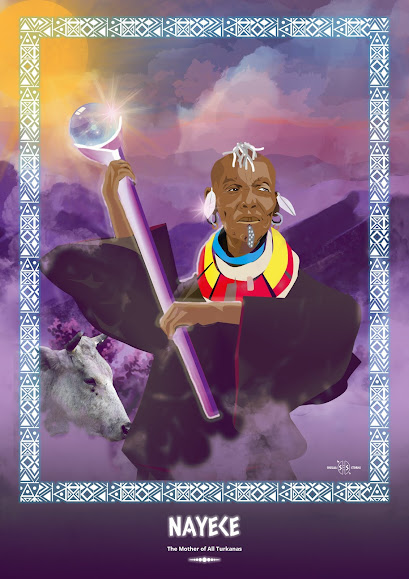
Today, on Mashujaa Day, I am delighted to announce that we now have at least one superhero for each of our 44 communities, and I invite you to explore their stories on
Google Arts & Culture. Originally conceived by the late Masidza Sande Galavu and Jeff Muchina of Shujaa Stories, the first 21 heroes were unveiled at an
exhibition at the National Museums of Kenya and online as part of
Utamaduni Wetu: Meet the People of Kenya. Now, thanks to the leadership of Dr. Mzalendo Kibunjia, the Director General of the National Museums of Kenya, a dedicated team of researchers, curators, academics and young creatives has worked to bring 40 more stories to life. They have travelled far to get first-hand knowledge of the communities and passionately researched, documented and illustrated a total of
61 heroes spanning cultures, generations, gender and geography.
The government’s collaboration with Google Arts & Culture has democratised access to Kenya’s rich heritage and enabled more people to discover our culture and human connections in new, exciting and interactive ways. It has also encouraged real-life visits to the country’s museums, monuments and heritage sites.
I encourage you to read each of the stories, and be inspired by the achievements and bravery of each superhero. They are a celebration of the values and the heritage of the peoples of Kenya and of our unity in diversity. I would like to echo the words of the great author Ngũgĩ wa Thiong’o, who said, "The peoples of Kenya have an incredible richness of history and culture. Learning from what we already have, from all the communities, is the way into the world."
Posted by Ambassador Dr Amina Mohamed, Cabinet Secretary for Sports, Culture and Heritage, Republic of Kenya
====
Mashujaa : Les communautés kenyanes à l’honneur grâce à Google Arts & CultureAujourd’hui, au Kenya, nous célébrons Mashujaa Day, la Journée nationale des Héros, l’occasion de rendre hommage aux personnalités d’exception qui ont façonné notre nation. Gros plan sur un panthéon de héros issus du monde de la culture classique et populaire, pour montrer comment, par leurs super-pouvoirs, ils continuent d’incarner la force et le cœur non seulement des communautés dont ils sont originaires, mais de l’ensemble du pays. Nous avons besoin de jours comme celui-ci pour nous rappeler que notre patrimoine commun et notre diversité font de nous un peuple, et c’est donc avec une grande fierté que je dévoile le deuxième chapitre du projet en ligne
Utamaduni Wetu : À la rencontre du peuple kényan, créé en collaboration avec
les musées nationaux du Kenya,
Google Arts et culture et
Shujaa Stories.
Initialement lancé en 2019,
Utamaduni Wetu : À la rencontre du peuple Kényan est le projet de numérisation de Google le plus ambitieux à ce jour en Afrique, et l’un des premiers à proposer des contenus numériques sur le thème des communautés kényanes. Chacun peut désormais découvrir plus de
10 500 photographies en haute résolution,
129 expositions organisées par des experts et
80 Street Views de 16 sites et en savoir plus sur le patrimoine immatériel et l'histoire des 44 communautés que compte officiellement ce pays. Les expositions mettent en lumière les régions, l’histoire, les traditions, la morale, la vision du monde et la sagesse des communautés du Kenya, dont certains récits, généralement transmis oralement, ont été transcrits et mis à disposition en ligne pour la première fois.
Aujourd’hui, en cette Journée de Mashujaa, je suis ravi d’annoncer que nous avons désormais au moins un super-héros pour chacune de nos 44 communautés, et je vous invite à découvrir leurs portraits sur
Google Arts et culture. Conçus à l’origine par feu Masidza Sande Galavu et Jeff Muchina de l’agence de création Shujaa Stories, un groupe de jeunes designers et écrivains qui ont créé les animations de super-héros, les 21 premiers héros ont été dévoilés lors d’une
exposition dans les Musées nationaux du Kenya et en ligne dans le cadre du projet
Utamaduni Wetu : À la rencontre du peuple Kényan. Aujourd’hui, sous la direction du Dr Mzalendo Kibunjia, directeur général des musées nationaux du Kenya, une équipe motivée de chercheurs, de conservateurs, d’universitaires et de jeunes créateurs a permis de donner vie à 40 autres histoires. Ils ont parcouru un grand nombre de kilomètres pour acquérir une connaissance de première main des communautés. Ils ont ensuite mené des recherches, documenté et illustré avec passion un total de
61 héros hommes et femmes de toutes cultures et de tous âges, originaires de régions différentes.
La collaboration entre le gouvernement et Google Arts & Culture a permis de démocratiser l’accès au riche patrimoine du Kenya et à faire découvrir notre culture et les liens qui nous unissent de manière innovante et interactive. Il a également encouragé les internautes à se rendre dans les musées, à visiter les monuments et les sites du patrimoine kényan.
Je vous encourage à lire toutes les histoires. La bravoure et les prouesses de chacun de ces super-héros sont une source d'inspiration pour nous tous. Ils mettent à l’honneur les valeurs et l’héritage des peuples du Kenya ainsi que notre unité dans la diversité. Je voudrais me faire l’écho des paroles du grand écrivain Ngũgĩ wa Thiong’o, lorsqu’il disait : « Les peuples du Kenya ont une histoire et une culture d’une incroyable richesse. Notre faculté à apprendre à partir de ce que nous avons déjà, qui nous a été transmis par toutes les communautés, c’est la voie qui nous permettra de nous ouvrir au monde. »
Poste par Amb. (Dr.) Amina C. Mohamed, Secrétaire d’État aux sports, à la culture et au patrimoine, République du Kenya




